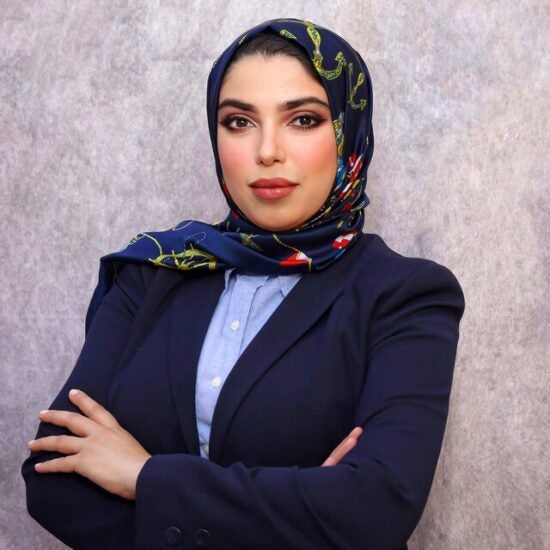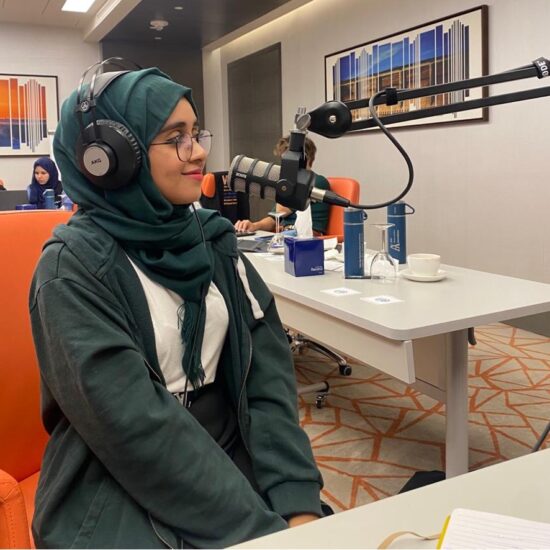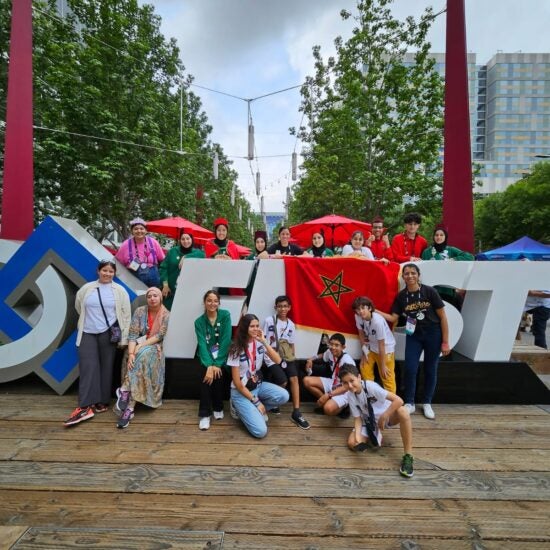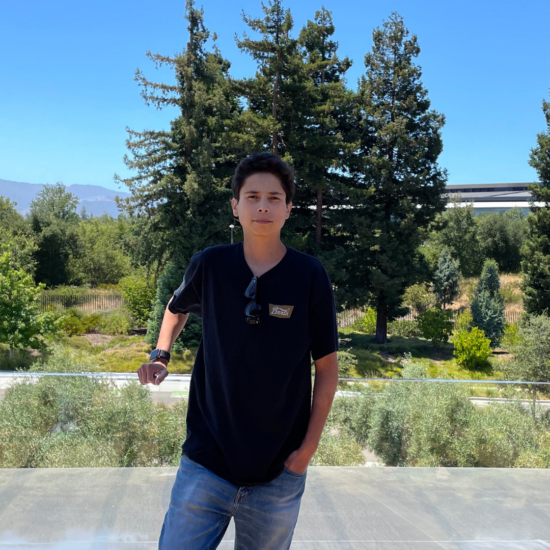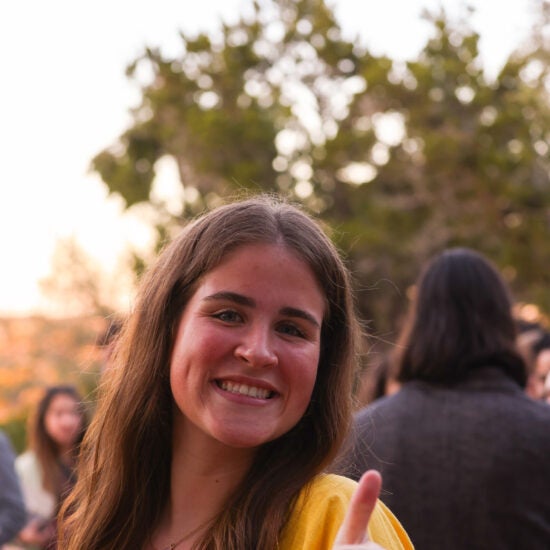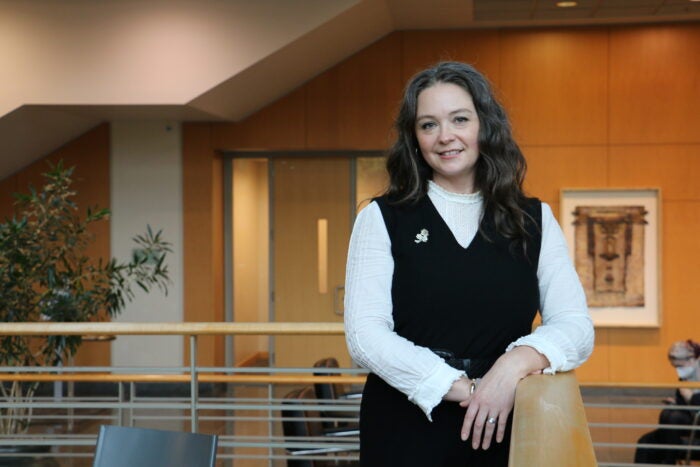 The field of comparative law has always been of interest to me, and I was particularly curious to take this course after hearing about another student’s experience. I found my peers in both countries to be very engaged and eager to share ideas.
The field of comparative law has always been of interest to me, and I was particularly curious to take this course after hearing about another student’s experience. I found my peers in both countries to be very engaged and eager to share ideas.
Our class started a WhatsApp group that created an open line of direct communication with other students, which was a great way for us to connect outside of the classroom. I was able to build a couple of friendships because I was able to reach out to other classmates and ask follow-up questions about issues they raised in class. It became a wonderful way to discuss legal ideas, share social ideas, share cultures, and genuinely become friends.
During the semester, we focused on the concept of reparations, particularly through housing. I was deeply humbled and impressed by the way my Moroccan colleagues openly wrestled with the issues and atrocities their country had faced. I was curious to understand why my own country was so resistant to acknowledging and rectifying the impacts racism and slavery still have today.
As I began to ask questions and seek answers, I found an opportunity to use the lessons I was learning in class to compare zoning regulations between Western Washington, U.S., and Vancouver, British Columbia, Canada.
I had prior professional relationships with Canadian housing professionals because of my work with a Seattle-area housing authority. I reached out to them and explained what I was doing in my transitional justice class and what it was prompting me to think about in my life. They were very excited and began to add to my musings, which is how my summer research project to compare zoning laws in the two regions was born.
I used the class as a model for what could be done if I looked outside of my own borders. For example, I know that in Western Washington, there is deep resistance to higher-density zoning because it facilitates higher-density housing structures. I was curious to know the roots of this resistance in our nation’s history since anti-density zoning has been linked to racial segregation. After learning about that, I looked at another area with a similar beginning (Canada) and how a mirror region (British Columbia) handled an identical problem.
Because of the questions I was taught to ask through the virtual exchange, I was able to analyze one area still impacted by racism in my community today. I hope this is only the beginning of the work I will do, initiated through this wonderful learning community.
Legal Exchange is implemented by Seattle University School of Law and is supported by the J. Christopher Stevens Virtual Exchange Initiative (JCSVEI). JCSVEI is a U.S. Department of State’s Bureau of Educational and Cultural Affairs program administered by the Aspen Institute.
JCSVEI partners with the U.S. Department of State on the Legal Exchange program. We are reviewing this website to ensure compliance with recent executive orders and other guidance.
 The field of comparative law has always been of interest to me, and I was particularly curious to take this course after hearing about another student’s experience. I found my peers in both countries to be very engaged and eager to share ideas.
The field of comparative law has always been of interest to me, and I was particularly curious to take this course after hearing about another student’s experience. I found my peers in both countries to be very engaged and eager to share ideas. 
